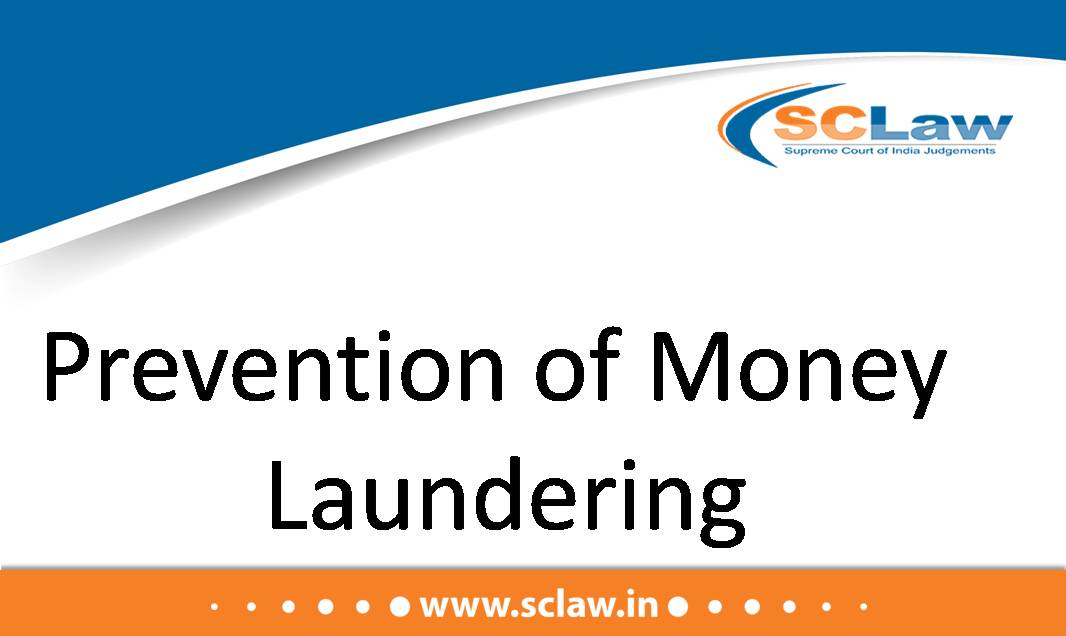Supreme Court Denies Anticipatory Bail To IPS Officer Who Allegedly Got Conman To Pose As HC Chief Justice To Influence Corruption Probe
The Supreme Court recently denied anticipatory bail to IPS officer and former Superintendent of Police Aditya Kumar who had allegedly involved a conman to pose as the Chief Justice of…

